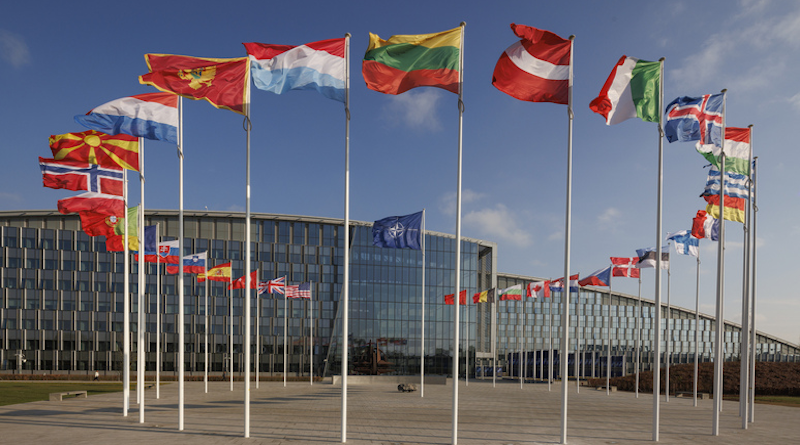NATO Statement On Russia’s Withdrawal From Treaty On Conventional Armed Forces In Europe
By NATO
The NATO Invitee associates itself with this Statement.
NATO Allies condemn Russia’s decision to withdraw from the landmark Treaty on Conventional Armed Forces in Europe (CFE), a cornerstone of Europe’s security architecture. The CFE Treaty establishes legally binding and verifiable limits on key categories of conventional military equipment of the States Parties.
Russia has for many years not complied with its CFE obligations, in particular by ceasing its implementation of the CFE Treaty without a legal basis in 2007. Russia’s war of aggression against Ukraine, and Belarus’ complicity, is contrary to the objectives of the CFE Treaty.
Russia’s decision to withdraw from the CFE Treaty is the latest in a series of actions that systematically undermines Euro-Atlantic security. Russia’s decision further demonstrates Moscow’s continued disregard for arms control, including reciprocity, transparency, compliance and verification. We have repeatedly called on Russia to comply with the Treaty. Russia has not engaged constructively, and has not taken steps towards full compliance. Allies urge Russia to implement its commitments and obligations, and to use the remaining time before its withdrawal to reconsider its decision.
We remain united in our commitment to effective conventional arms control as a key element of Euro-Atlantic security, taking into account the prevailing security environment and the security of all Allies. This complements the Alliance’s deterrence and defence posture. We reiterate our full commitment to reducing military risk, preventing misperceptions and conflicts, building trust and confidence, promoting transparency and verification, and, thereby, contributing to peace and security. Allies will continue to consult on the implications of Russia’s withdrawal from the CFE Treaty and its impact on the security of the Alliance.


A thorough history of events from the 1990’s to today involving NATO, Russia, Ukraine, Belarus, Georgia, Chechnya and Eastern Europe written with objectivity-facts only please-could help in determining future courses for continuing peace efforts in that part of the world for decades to come.